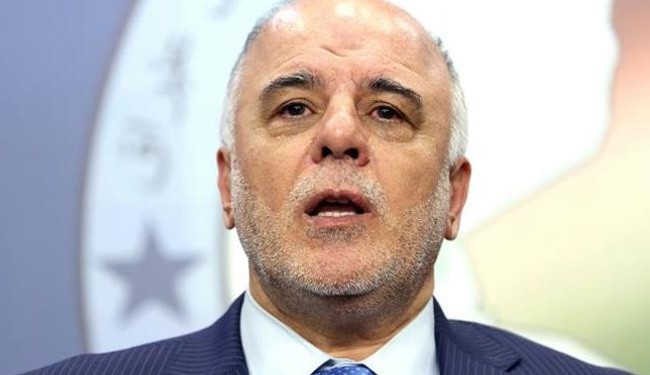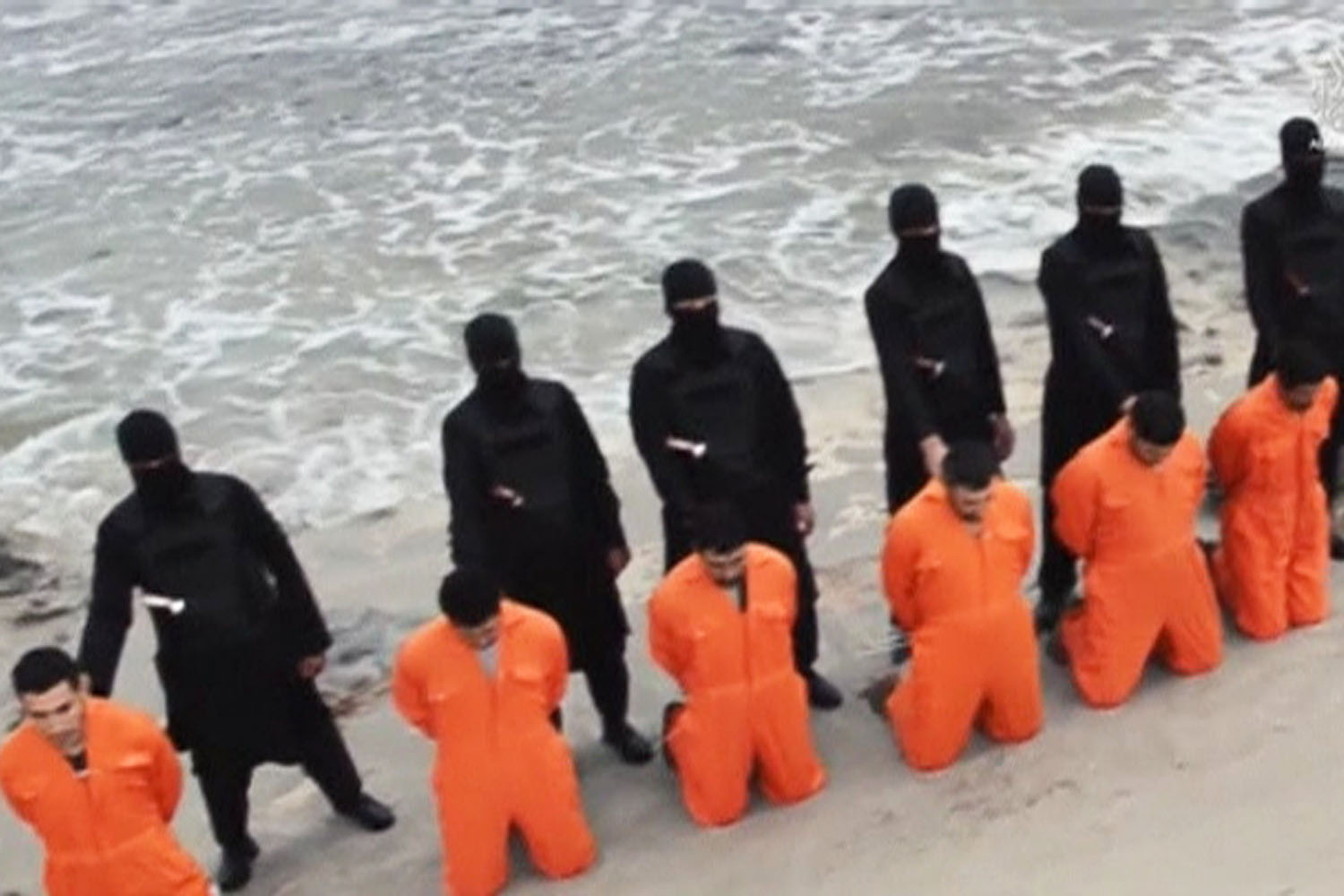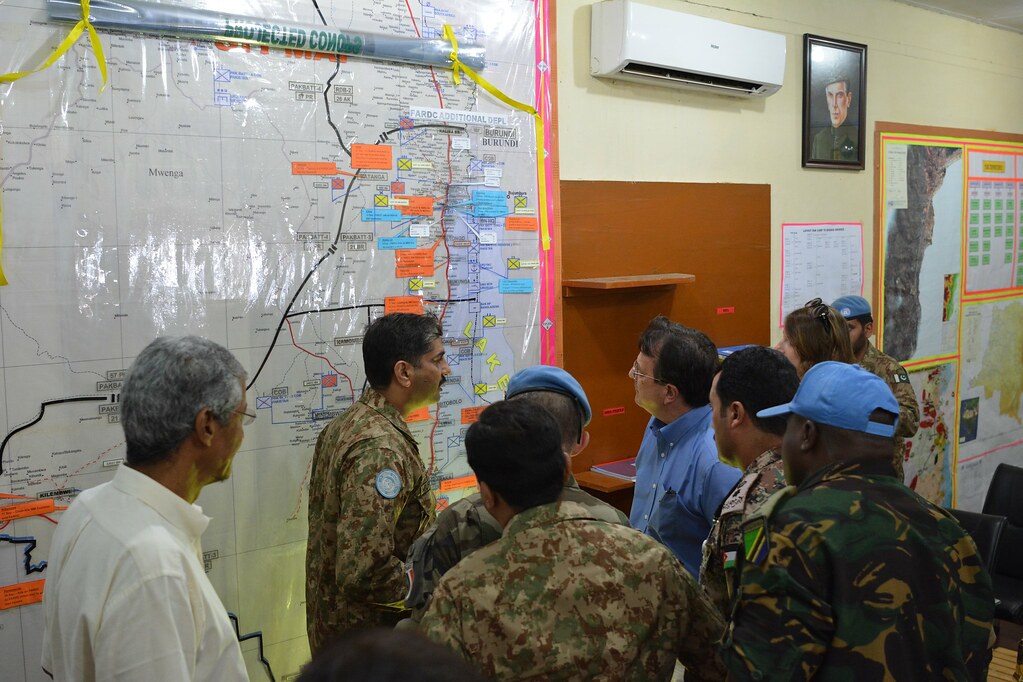On August 11, Iraq’s President Fouad Massoum asked Haider al-Abadi to form a new government as Iraq’s new prime minister. Al-Abadi, a veteran Shi‘ite politician, replaced outgoing PM Nouri al-Maliki who lost support amid the turmoil that has gripped the country since June when the Islamic State (IS) seized control of large parts of western Iraq. It is unclear how al-Abadi’s nomination was secured, but he has received the endorsement from the ruling State of Law coalition, as well as support from the US and Iran. Despite these endorsements, the challenges al-Abadi must overcome remain steep.
Al-Maliki was seeking a third term after winning thirty-percent of the seats in Parliament during the election in late April but struggled to form a government after alienating fellow lawmakers by concentrating power in his own hands. Much of this sentiment has been a direct corollary of al-Maliki’s policies that were informed by the suspicion that Iraq’s Sunni politicians are Saddam-era revanchists. Senior figures in al-Maliki’s own Dawa party have also been critical of his leadership, accusing him of making all the decisions by himself and for not consulting with other parties.
… al-Maliki has played the chief role in midwifing this crisis that threatens to tear the country apart.
The current crisis is at its heart over political and economic grievances, not sectarian or religious antipathy. The Islamic State has been able to capitalize on Iraq’s disaffected Sunni population concentrated in the western part of the country that have legitimate grievances with the repressive policies engineered by al-Maliki since he became president in 2006 and were intensified once the US pulled out of Iraq in 2011 and were no longer able to rein in his autocracy. In Anbar province, for example, year-long protests against government marginalization of Iraq’s Sunnis and military excesses were repressed and their demands ignored allowing ISIS to find support among locals in cities such as Fallujah and Ramadi. Indeed, after eight years of marginalizing his political opponents, al-Maliki has played the chief role in midwifing this crisis that threatens to tear the country apart.
Maliki did much to maintain his hold on power by appointing cabinet ministers according to what candidates and ministries could contribute to bolster his power base. The armed forces were staffed with incompetent commanders who received their posts only because they were loyal to him or paid bribes to receive their command, casting the efficacy of the army into serious doubt.
Al-Maliki was also responsible for alienating members of the Anbar Awakening movement, which was an essential component of routing al-Qaeda in Iraq (AQI) between 2006 and 2008. The movement, financed and sponsored by the US, was lead by Sunni tribal leaders who agreed to fight alongside American and Iraqi forces believing that would secure them among other benefits, a larger say in the political process in Baghdad. Maliki also agreed to integrate 80,000 Awakening members into the armed forces but later reneged on his promise that would have made the army far more representative of Iraq’s population and perhaps more willing to confront the Islamic State.
Al-Abadi’s chief goal will be to combat the advance of IS that now has control of areas of the country where there is a Sunni majority. Since the Iraqi army fled the advance of extremist fighters in June, it has been incapable of regaining any significant ground against the militants and so it seems that Baghdad will have to rely on the US aerial power that began targeting IS in August for the foreseeable future.
Attention must also be given to the Shi‘ite militias operating within the capital and in Iraq’s south. With support from Iran, some of these groups are well armed and can present a serious challenge to the authority of the central government as al-Maliki discovered during his time in office. Many Iraqi Shi‘ites were critical of al-Maliki were suspicious of his monopolization Iraq’s oil wealth and for not distributing revenue set aside for major infrastructure projects.
Apart from defeating militants, al-Abadi must make serious efforts toward national reconciliation and building an Iraq based on an inclusive polity. The oppression felt by Sunnis must be addressed and Sunni politicians taking part in the political process must not be threatened as they were under al-Maliki. Iraq’s Kurds want their share of the national budget, which was partially suspended by al-Maliki over oil disputes at the beginning of this year and then outright in March.
The Kurds are also keen to negotiate with Baghdad over the disputed territories of northern Iraq. Complicating this matter however is the Kurdish takeover of most of the disputed land in the wake of the national army’s retreat and the attempted incursion into this territory by the Islamic State. This will likely make the Kurds unwilling to cede territory back to Baghdad.
While al-Abadi’s accession as Prime Minister is a welcome step, it remains unclear if he will be able to build confidence in the central government and pave the way toward national reconciliation among Iraq’s ethnoconfessional groups. The damage authoritarianism has done to Iraq over the course of its existence is remarkable, but that does not mean that its effect is irreversible. Prior to the rise of the first Ba’ath regime in the early sixties, Iraqis of Kurdish, Turkmen Christian, Jewish Sunni and Shi‘ite backgrounds cooperated in a nationalist movement that had its roots in the 1920 Revolution that was ultimately sidelined by the Ba’ath. Before 2003, intermarriage between Kurds and Arabs and between other ethnoconfessional groups in Iraq were a common occurrence. It is estimated that in cities such as Baghdad forty percent of marriages were between Shi‘ites and Sunnis prior to 2003. Al-Abadi and other Iraqi lawmakers must now use these precedents to heal Iraq.




